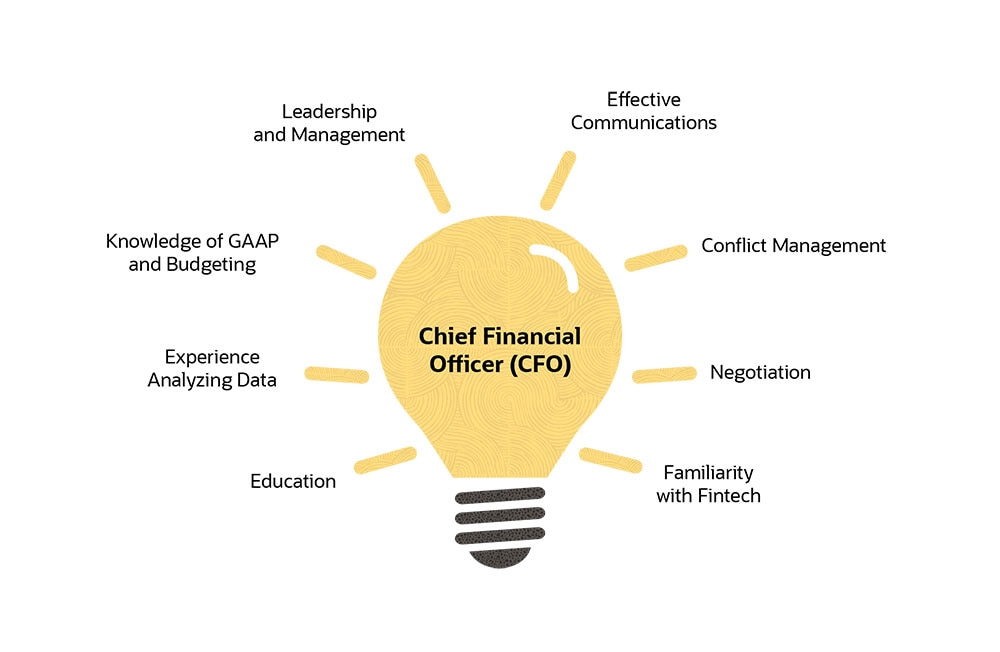How Much Do Chief Investment Officers Make

In the high-stakes world of finance, where trillions of dollars shift hands daily, the individuals steering investment strategies for major institutions wield immense power. Their decisions can make or break companies, influence entire economies, and secure the financial futures of millions. Consequently, the compensation packages for Chief Investment Officers (CIOs) often reach staggering heights, attracting both fascination and scrutiny.
Understanding the complexities of CIO compensation requires navigating a landscape of base salaries, performance-based bonuses, equity stakes, and a host of other benefits. This article delves into the multifaceted world of CIO compensation, exploring the factors that drive these figures, the variations across different types of organizations, and the evolving trends shaping the future of executive pay in the investment management industry.
What Exactly Does a Chief Investment Officer Do?
The Chief Investment Officer is the strategic mastermind behind an organization's investment portfolio. They are responsible for overseeing all investment activities, ensuring assets are managed effectively to meet the organization's financial goals. This involves developing investment policies, allocating capital across various asset classes (stocks, bonds, real estate, private equity, etc.), and monitoring performance against benchmarks.
CIOs must possess a deep understanding of financial markets, risk management, and economic trends. They need strong leadership skills to manage investment teams and communicate complex strategies to boards and stakeholders. Given the critical nature of their role, CIOs are among the highest-paid executives in the financial sector.
Decoding the Compensation Package: A Breakdown
CIO compensation is rarely a simple base salary. It's typically a complex mix of several components. Understanding these components is key to grasping the overall picture of how much these executives earn.
Base Salary: The Foundation
The base salary serves as the fixed portion of a CIO's compensation, providing a guaranteed income regardless of investment performance. According to data from reputable compensation consulting firms like Johnson Associates and McLagan, base salaries for CIOs can range widely. A CIO managing a smaller endowment might have a base salary in the $300,000 to $500,000 range.
However, at larger institutions with multi-billion dollar portfolios, base salaries can easily exceed $1 million. This figure often reflects the scope of responsibilities and the complexity of the investment strategies involved.
Performance-Based Bonuses: Rewarding Success
Bonuses are a critical component of CIO compensation, directly tied to the performance of the investment portfolio. These bonuses are designed to incentivize CIOs to generate strong returns and align their interests with those of the organization. Bonus structures can be complex, often based on a combination of factors, including absolute returns, relative returns compared to benchmarks, and risk-adjusted performance measures like the Sharpe ratio.
Bonuses can be a multiple of the base salary, significantly boosting overall compensation in years of strong performance. For instance, a CIO with a $500,000 base salary could potentially earn a bonus of $1 million or more in a particularly successful year.
Equity and Long-Term Incentives: Aligning Long-Term Goals
Many organizations offer equity-based compensation or long-term incentive plans to CIOs. This ensures alignment between the executive's long-term financial interests and the organization's success. Equity can take the form of stock options, restricted stock units (RSUs), or other equity-based instruments.
These incentives typically vest over a period of several years, encouraging CIOs to remain with the organization and focus on long-term value creation. The value of these equity grants can fluctuate significantly depending on the organization's performance and market conditions.
Benefits and Perks: The Added Value
In addition to salary, bonus, and equity, CIOs often receive a comprehensive package of benefits and perks. This may include health insurance, retirement plans (such as 401(k)s and pension plans), life insurance, disability insurance, and other executive benefits. Some organizations also offer perks such as financial planning services, executive coaching, and travel allowances.
The value of these benefits can add significantly to the overall compensation package, further enhancing the attractiveness of the CIO role.
The Great Divide: Variations in CIO Compensation
CIO compensation is not uniform across all types of organizations. Several factors influence the level of pay, including the size and complexity of the investment portfolio, the type of organization, and the geographic location. Significant differences exist between compensation at endowments and foundations, pension funds, sovereign wealth funds, and asset management firms.
Endowments and Foundations: Mission-Driven Compensation
Endowments and foundations, often affiliated with universities or charitable organizations, tend to offer relatively lower compensation compared to for-profit entities. This is partly due to the mission-driven nature of these organizations and a greater emphasis on social responsibility. However, CIOs at large endowments with multi-billion dollar portfolios can still command substantial compensation packages, often exceeding $1 million annually.
Pension Funds: Balancing Risk and Return
Pension funds, responsible for managing retirement assets for millions of individuals, typically offer competitive compensation packages to attract and retain top talent. CIOs at large public pension funds face intense scrutiny due to the political and social implications of their investment decisions. Compensation is often structured to incentivize long-term, risk-adjusted returns while minimizing downside risk.
Sovereign Wealth Funds: Global Giants
Sovereign wealth funds, owned by governments, manage vast pools of national wealth. These funds often have a global investment mandate and invest in a wide range of asset classes. CIOs at sovereign wealth funds are among the highest-paid investment professionals in the world, reflecting the immense scale and complexity of their responsibilities. Their compensation can easily reach multi-million dollar figures.
Asset Management Firms: Performance is King
Asset management firms, which manage money for individuals and institutions, are highly competitive environments where performance is paramount. CIOs at these firms are often compensated handsomely for generating strong returns for their clients. Compensation is typically heavily weighted towards performance-based bonuses and equity participation.
Geographic Considerations: Location, Location, Location
Geographic location also plays a role in determining CIO compensation. Locations with a high cost of living and a concentration of financial institutions, such as New York City, London, and Hong Kong, tend to offer higher salaries than those in lower-cost regions. The demand for skilled investment professionals in these hubs drives up compensation levels.
Tax implications also need to be considered. CIOs might prefer to work in locations with favorable tax regimes, even if the base salary is slightly lower, to maximize their net income.
Looking Ahead: Trends in CIO Compensation
The landscape of CIO compensation is constantly evolving, shaped by factors such as regulatory changes, market volatility, and the increasing focus on environmental, social, and governance (ESG) investing. Several trends are likely to influence CIO compensation in the years to come.
A greater emphasis on ESG performance: As investors increasingly prioritize ESG factors, CIOs are being evaluated on their ability to integrate these considerations into investment decisions. Compensation packages may increasingly incorporate ESG-related metrics.
Increased scrutiny and transparency: Regulators and stakeholders are demanding greater transparency in executive compensation. This is likely to lead to more detailed disclosures of CIO compensation packages and a greater emphasis on aligning pay with long-term performance.
The rise of alternative investments: CIOs are increasingly allocating capital to alternative investments such as private equity, hedge funds, and real estate. Managing these complex asset classes requires specialized expertise, which may command a premium in the market.
Conclusion: The Price of Leadership
Chief Investment Officers bear an enormous responsibility for managing vast sums of money and generating returns for their organizations. Their compensation packages reflect the high stakes and complex nature of their roles. While the precise figures may vary depending on a multitude of factors, one thing remains clear: top CIOs are among the highest-paid executives in the financial industry.
As the investment landscape continues to evolve, so too will the demands placed on CIOs. Those who can navigate market volatility, embrace new technologies, and deliver strong, sustainable returns will continue to command top dollar in this competitive field.


















